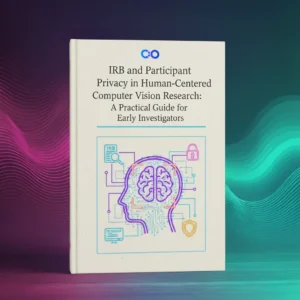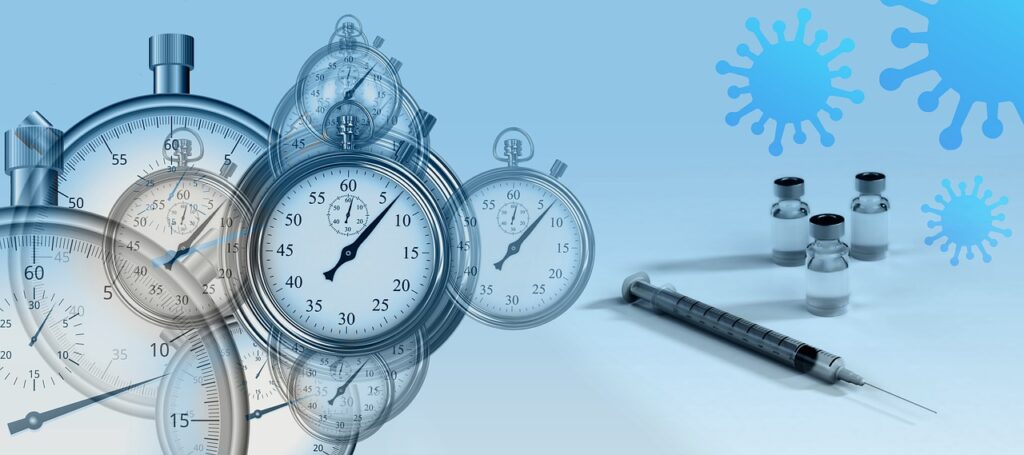

Vaccination against SARS-CoV-19 is one of the main issues in discussion since the onset of the pandemic. Thankfully, Pfizer/BioNTech and Moderna vaccines are now ready to help humanity deal with the global health crisis. However, the question of who gets the vaccine and in what dose remains active.
Since this is a pandemic the virus is infecting people on all continents. Because of this, the number of people that need vaccination is unprecedented in human history. Furthermore, the vaccines are made in a few countries and then they need to be distributed throughout the globe. Finally, in the clinical trial for the Pfizer/BioNTech and Moderna vaccines the participants received two vaccines.
In short, three issues make the vaccination against SARS-CoV-19 difficult.
The best solution is to vaccinate the majority of the global population with two doses of the new vaccine. However, elementary mathematics reveals that this would require around 10 billion doses. Not only that, but they will have to be produced in a short period to reach maximum effect. Because of this, medical experts are questioning if the two-dose strategy is the best option.
According to the clinical trial and the FDA-approved protocol for vaccination against SARS-CoV-19, two doses are necessary to gain 95% immunity. However, three groups of scientists came out in separate articles claiming that one dose may be a better option.
For more details explore the original articles listed below:
Speed Versus Efficacy: Quantifying Potential Tradeoffs in COVID-19 Vaccine Deployment
Alternative Dose Allocation Strategies to Increase Benefits from Constrained COVID-19 Vaccine Supply
All three articles argue the same even though their points of inquiry differ. That is, because of the above-mentioned reasons it will be hard to satisfy the global demand for two-phase vaccination. Therefore, the idea is that a “one-dose strategy” will ensure that most people get a shot. The alternative to this is to target groups of people with two doses and give no vaccines to everybody else. This will give immunity to certain people but it will not stop the pandemic.
The one-dose approach is not a risky compromise since there are examples of this strategy yielding positive results. One example is the 2016 outbreak of yellow fever in the Democratic Republic of the Congo. At the time, the global supply of yellow fever vaccines was not enough for the vaccination of millions. To maximize the number of vaccinated individuals DR of the Congo developed fractional-dosing strategies. Furthermore, after the yellow fever epidemic, results from fractional-dosing trials demonstrate protective and durable vaccine results.
According to Ruanne V. Barnabas (MBChB, MSc, DPhil) and Anna Wald (MD, MPH), there are four benefits of the single-dose approach.
The exact strategy will be different in every country. However, the one-dose approach is viable and in line with existing health guidelines.
Mutations in SARS-CoV-2 Appear not to Increase Virus Transmissibility
New Insight About SARS-CoV-2 Survivability
Researchers Report on Antibody Discovery that may Block the SARS-Cov-2
